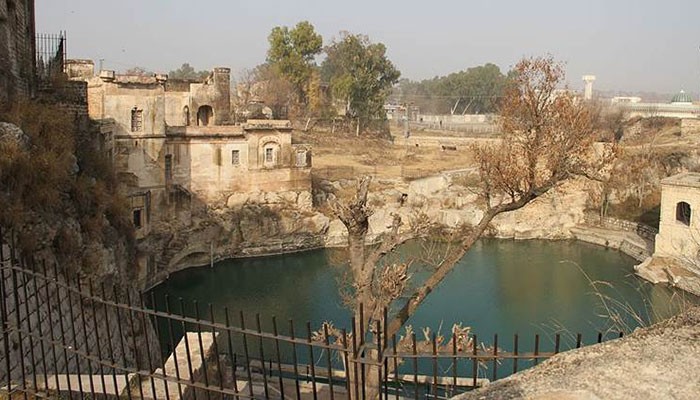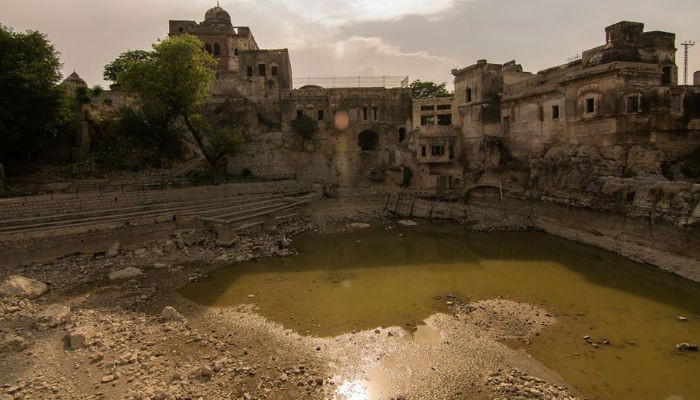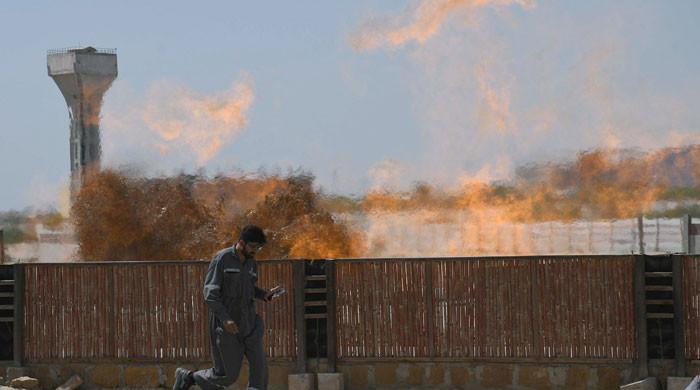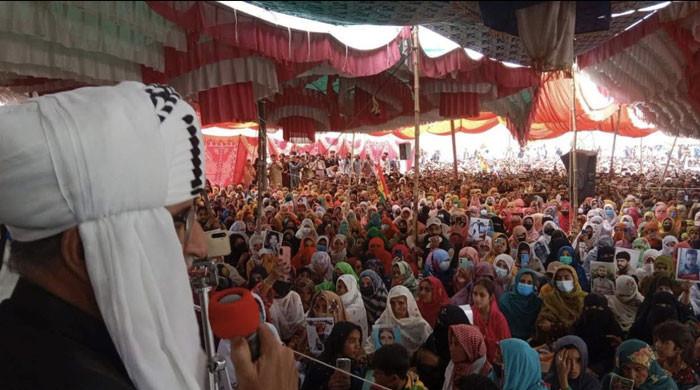Chief justice berates ETPB chairman during Katas Raj hearing
Chief Justice Nisar observed that protecting minorities is part of our religion
January 19, 2018
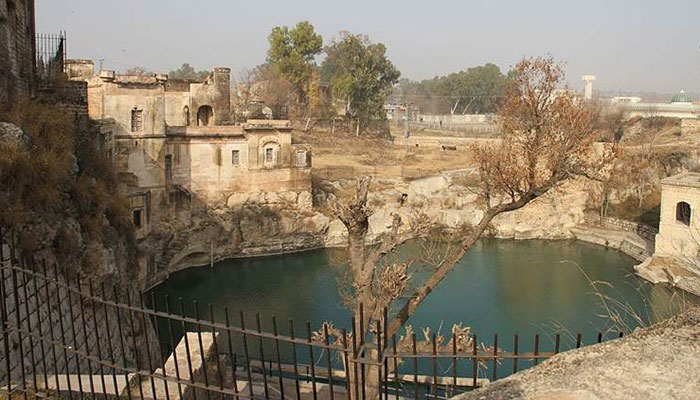
ISLAMABAD: The Supreme Court came down hard on the Evacuee Trust Property Board (ETPB), which looks after affairs of minorities' properties in the country, and its chairman, Pakistan Muslim League-Nawaz's Siddiqul Farooq, on Friday.
A three-member bench of the apex court, headed by Chief Justice Mian Saqib Nisar, was hearing the suo motu case of the drying out of a pond at Katas Raj Temples in Chakwal.
The historic pond, a revered site for Hindus, is said to have depleted due to the operations of cement factories nearby which have sucked out the underground water.
During the hearing, the chief justice summoned from the ETPB details of the properties operated by it and the funds generated from them.
The chief justice warned that if the details are not presented at the next hearing, ETPB Chairman Siddiqul Farooq should leave his post.
“Where institutions will not do anything, we will,” he remarked, adding that in such cases there should be no complaints of the court exceedings its jurisdiction.
"Farooq’s credentials for the appointment are his 30 years of political service," observed the chief justice, adding that someone who collected newspapers in the party office was appointed to such an important post.
Chief Justice Nisar vowed to end political nepotism in the country.
The Punjab government's counsel, Aasma Hamid, informed the court that the pond has been filled with water, to which the chief justice responded that the pond should remain filled now.
The chief justice commented that protecting minorities "is part of our religion".
During the hearing, the chief justice remarked that the court does not want to create a sugar industry-like crisis by closing down cement factories.
He was referring to a recent high court order directing closure of sugar mills which created a crisis for sugarcane growers as no buyers were left.
The chief justice observed that as several development projects related to the China Pakistan Economic Corridor are under way, cement will be needed in country.
Referring to an earlier order of his in substandard milk case, the chief justice remarked that when they banned the use of injections in cows to increase their milk production, the gujjars [dairy farmers] were up in arms.
"Those who want to can strike....there'll be no compromise on health," the chief justice remarked.
He observed further that accusations were levelled against the court that average cases are being neglected "but we're even hearing cases on Sundays".
The court then issued notices to the four cement factories in Chakwal and summoned details of issues facing the Hindu community.
The hearing was then adjourned for two weeks.
